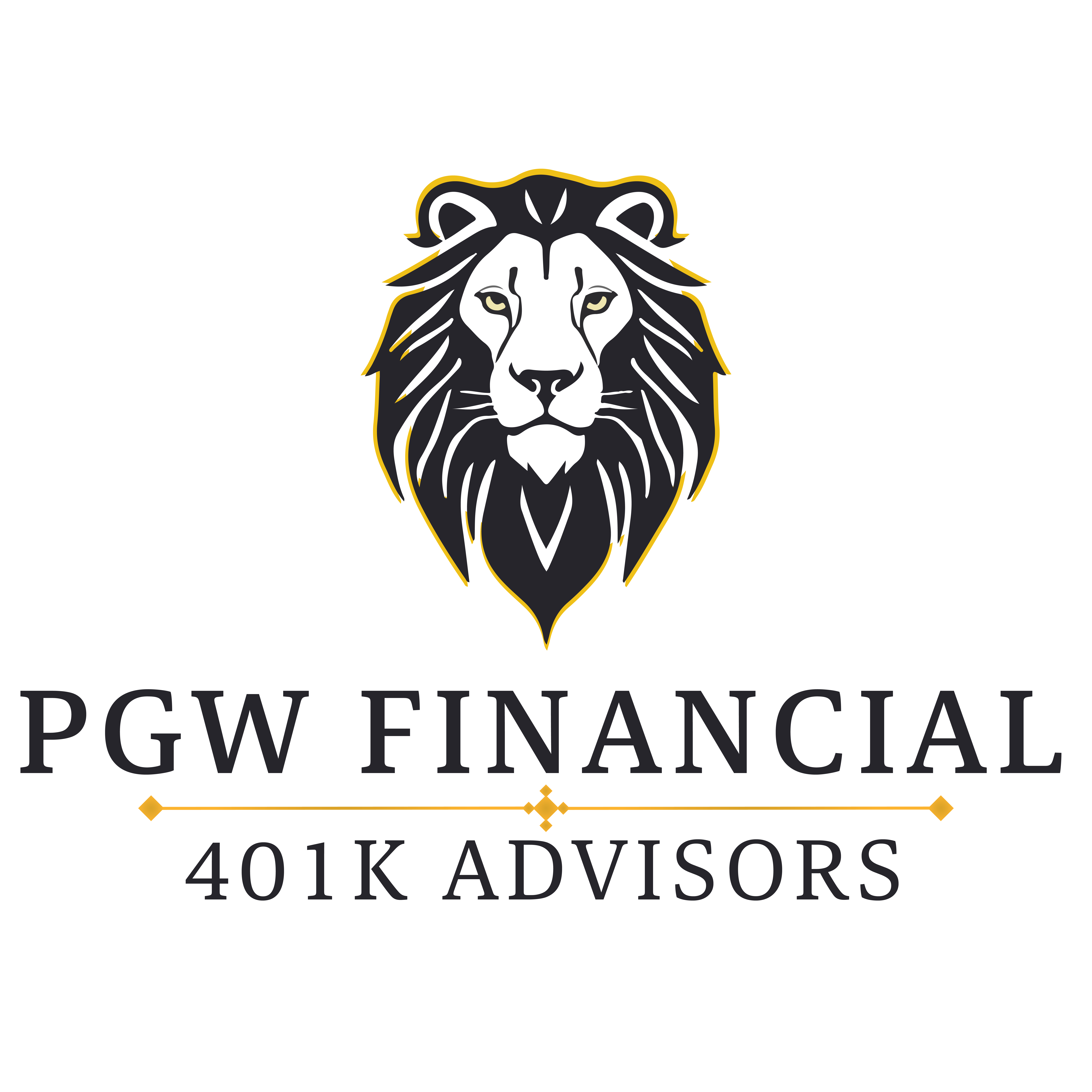Managing a 401(k) plan for your business can be complicated. It’s important to avoid common mistakes that can have significant impacts on both you and your employees. Making sure your 401(k) plan runs smoothly helps in retaining employees and ensuring they are happy with their retirement savings.
One mistake that business owners often make is not maximizing the employer match. This can make a big difference in how much employees save for retirement. Providing clear instructions and educating employees helps them take full advantage of this benefit.
Another area where business owners struggle is selecting the right investment options for their 401(k) plans. Poor investment choices can limit the growth of retirement funds. By understanding the available options and making informed decisions, you can create a more robust plan.
Staying on top of plan administration and compliance is also key. Ignoring these duties can result in penalties and other complications. Keeping organized and following best practices ensures that your plan remains compliant with regulations.
Finally, effective communication with employees about their 401(k) plans is critical. Regular updates and educational sessions help employees understand their options and stay engaged with their retirement planning. Employing these strategies encourages successful outcomes for everyone involved.
Failing to Maximize Employer Match
The employer match is a significant benefit of many 401(k) plans. By matching employee contributions up to a certain percentage, employers can greatly enhance their workers’ retirement savings. This free money can compound over time and significantly boost the nest egg employees build for their futures.
However, many employees don’t take full advantage of the employer match. As a business owner, ensuring that your team knows about and understands this benefit is essential. Here are a few tips:
1. Clear Communication: Regularly inform your employees about the employer match. Highlight how failing to contribute enough to get the full match is like leaving free money on the table.
2. Automatic Enrollment: Consider implementing automatic enrollment at a contribution rate that maximizes the match. This way, employees are automatically set up to take advantage of the full employer match unless they opt out.
3. Educational Workshops: Host sessions that explain how the employer match works and the long-term benefits of maximizing it. Provide easy-to-understand materials to reinforce these points.
Poor Investment Choices
Selecting the right investment options is crucial for the growth of a 401(k) plan. Business owners sometimes make poor investment choices that hinder their employees’ retirement savings. Understanding common pitfalls can help you avoid these mistakes and choose better options.
Here are some frequent poor investment choices:
– Overly Conservative Investments: Investing too conservatively can limit growth, especially for younger employees who have a longer time horizon.
– Lack of Diversification: Failing to spread investments across different asset classes can increase risk.
– High-Fee Funds: Selecting funds with high fees can erode returns over time.
To make better investment choices, consider these guidelines:
1. Diversify: Offer a range of investment options that include a mix of stocks, bonds, and other asset classes. A diversified portfolio can reduce risk and improve potential returns.
2. Consider Target-Date Funds: These funds automatically adjust the asset allocation based on the employee’s retirement date, becoming more conservative as retirement approaches. They are a good option for those who prefer a set-it-and-forget-it strategy.
3. Review Fees: Assess the expense ratios of the funds offered in your plan. Opt for low-cost index funds and ETFs, which can help improve overall returns by minimizing fees.
Following these guidelines can help ensure that your 401(k) plan offers strong growth potential and a robust lineup of investment options for your employees.
Neglecting Plan Administration and Compliance
When business owners ignore plan administration and compliance, it can lead to a host of problems. Failing to handle these duties properly can result in penalties, audits, and even disqualification of the 401(k) plan. This puts both the business and its employees’ retirement savings at risk.
To avoid these risks, maintain organized records of all plan activities. This includes keeping track of employee enrollments, contributions, and distributions. Regular audits and checks ensure everything is in order, reducing the chances of costly mistakes.
Here are some best practices for staying compliant and organized:
– Regular Plan Reviews: Conduct annual reviews to ensure that your plan complies with the latest regulations and meets the needs of your employees.
– Stay Informed: Keep up with changes in retirement plan laws and regulations. Attend workshops or webinars if necessary to stay updated.
– Hire Professionals: Consider hiring a third-party administrator (TPA) or a financial advisor who specializes in 401(k) plans. They can help manage the administrative tasks and ensure compliance.
Inconsistent Employee Communication and Education
Effective communication and education are key to a successful 401(k) plan. Employees need to understand how their 401(k) works, the benefits it offers, and how they can make the most out of it. Without regular updates and education, employees might feel confused or disengaged, which can affect their participation rates and overall satisfaction.
Communicate regularly with your employees about their retirement plan. Use simple language and clear visuals to explain complex topics. Regular newsletters, emails, and intranet updates are good ways to keep everyone informed.
Here are some strategies to keep employees engaged:
1. Regular Meetings: Host quarterly or bi-annual meetings to discuss the 401(k) plan, answer questions, and provide updates on any changes or new options.
2. Educational Sessions: Offer workshops or webinars that cover important topics like investment options, contribution strategies, and retirement planning basics.
3. Accessible Resources: Make educational materials readily available. This can include brochures, online portals, and easy-to-read guides that employees can refer to whenever they need information.
Conclusion
Taking care of your company’s 401(k) plan is crucial for both you and your employees. Avoiding common mistakes, like failing to maximize employer matches and picking poor investment options, can help your employees get the most out of their retirement savings. Ensuring proper plan administration and staying compliant with regulations protect you from potential penalties. Lastly, keeping your employees informed and educated about their 401(k) plans keeps everyone engaged and satisfied.
At PGW Financial, our 401(k) financial advisors in Tampa specialize in helping business owners manage their 401(k) plans efficiently. Our goal is to provide personalized financial solutions that empower you and your employees. Book a 1:1 free consultation with us today to optimize your 401(k) plan and maximize your financial potential.




